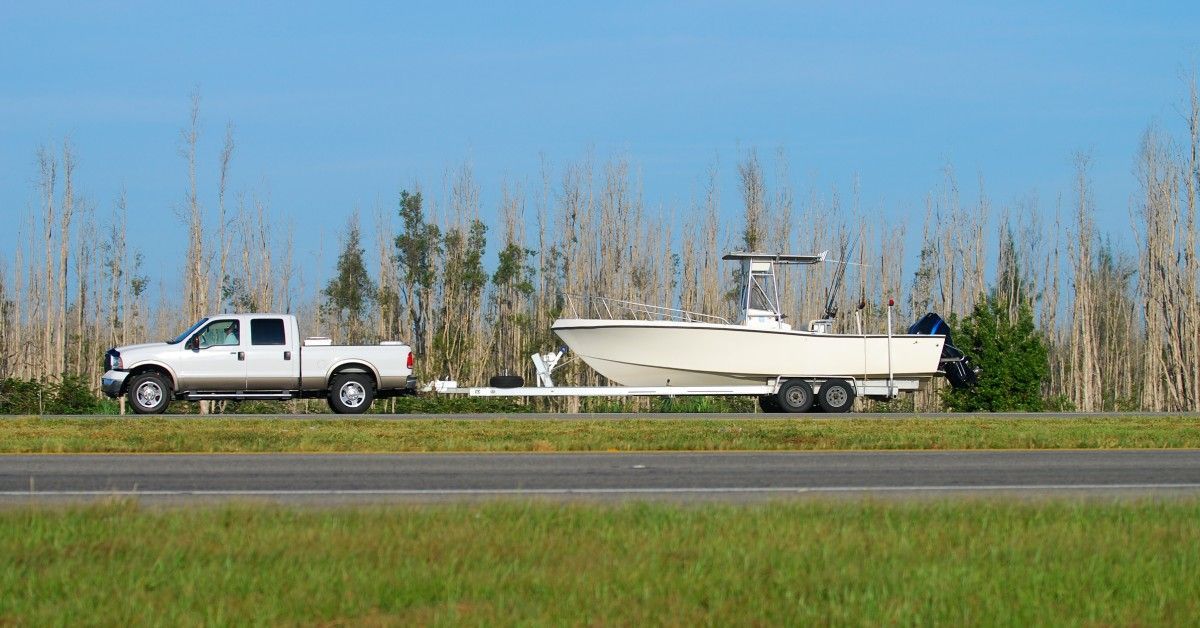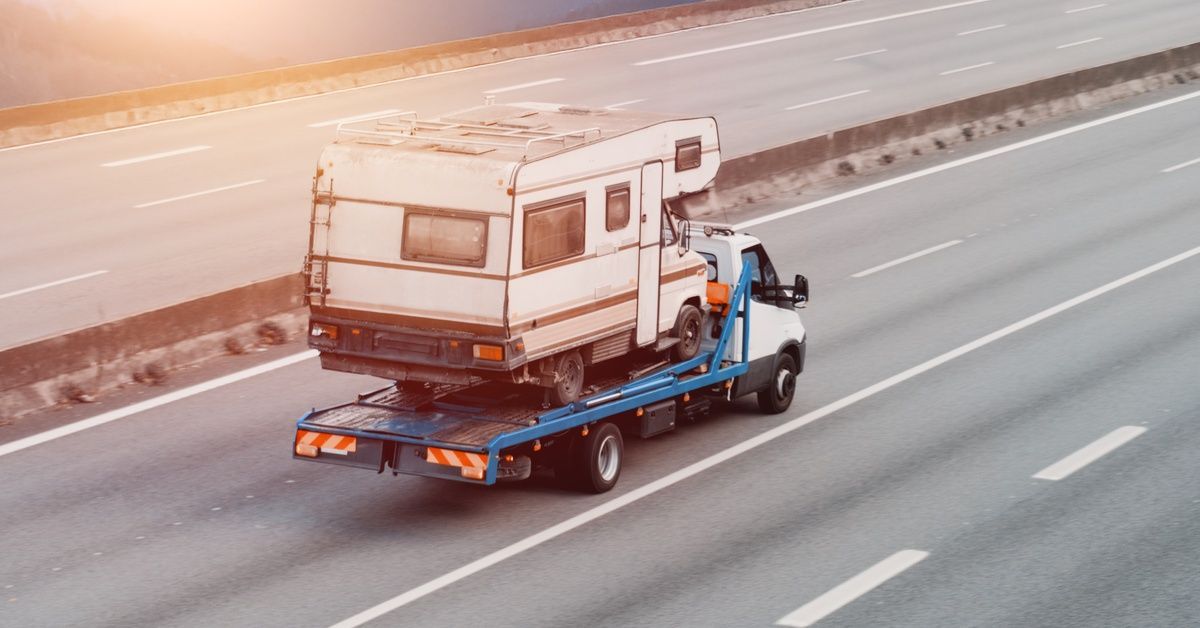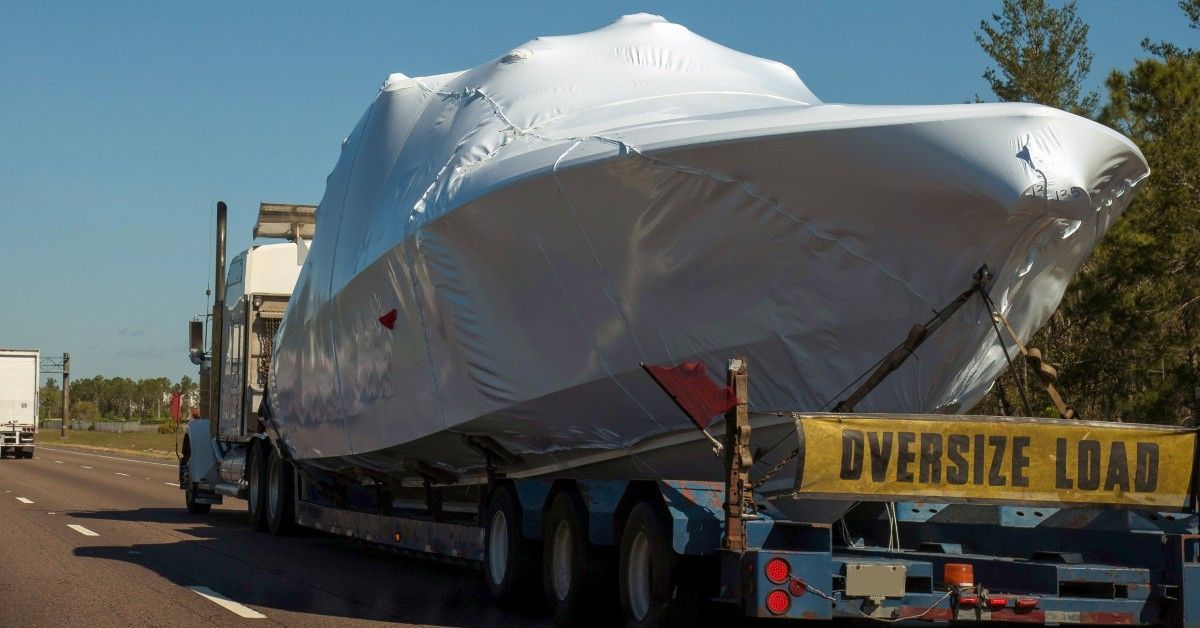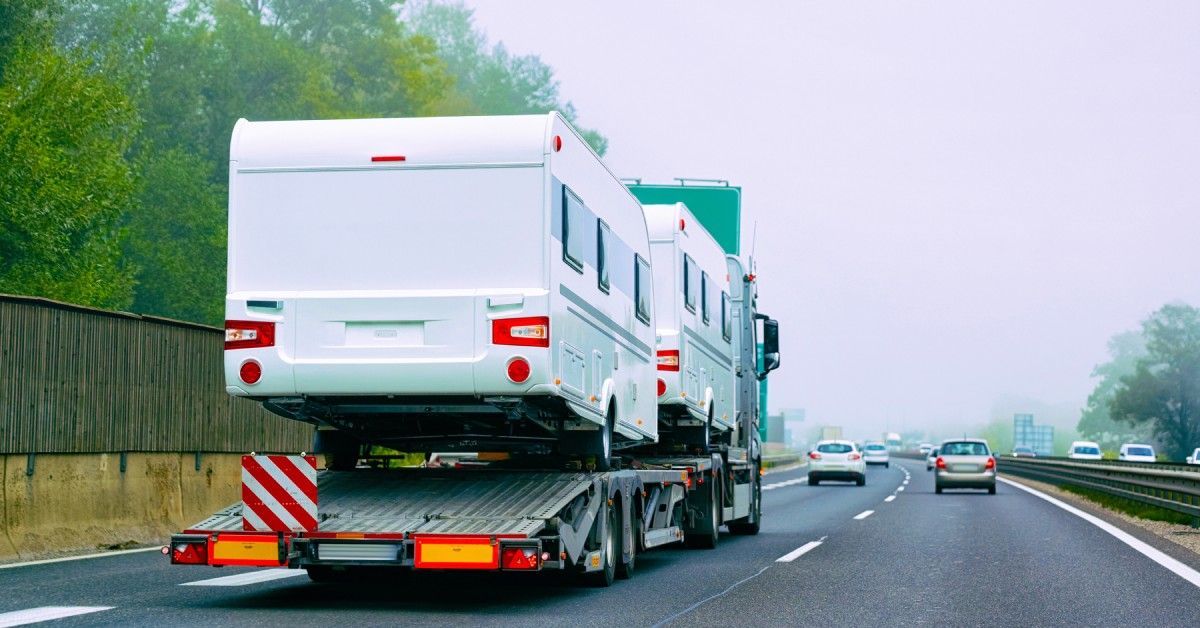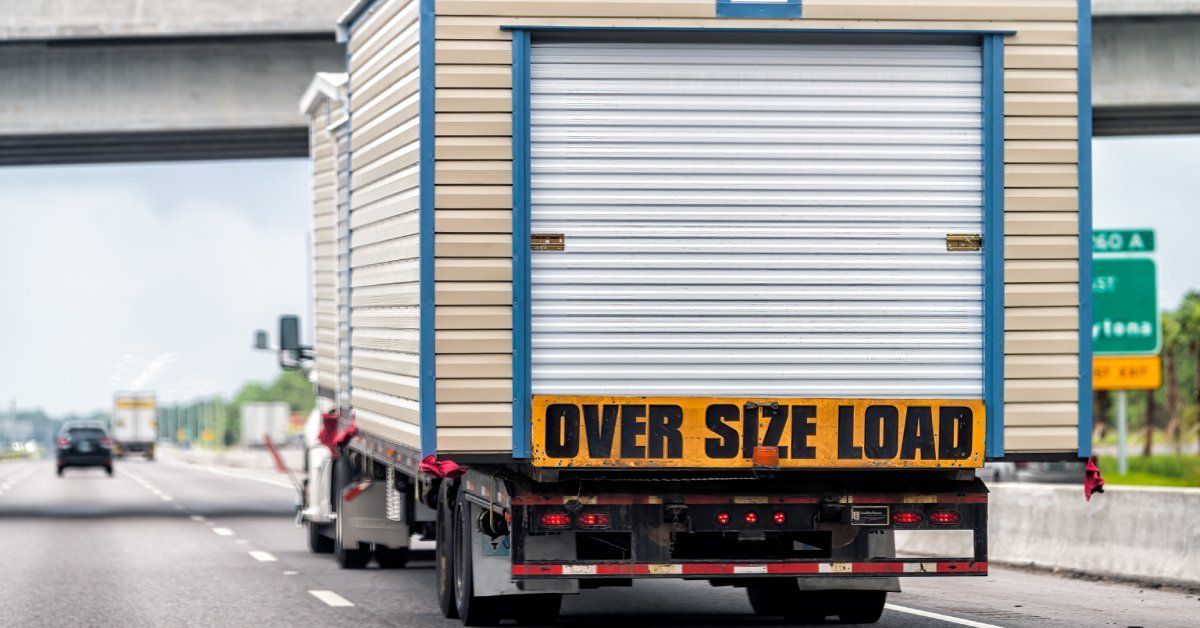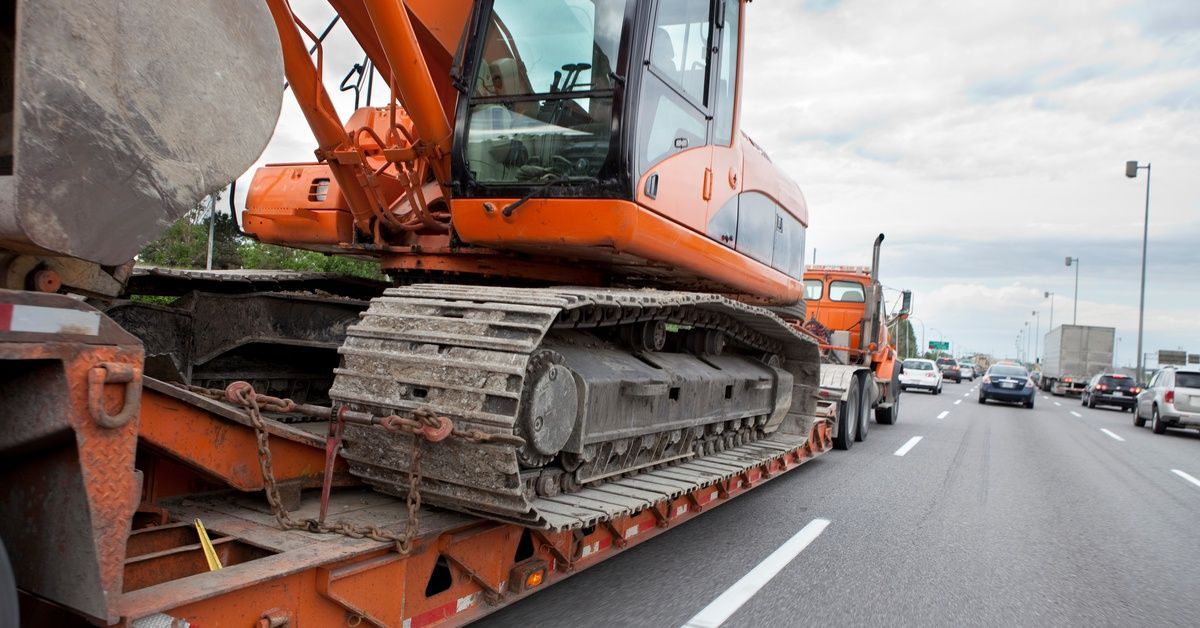Transporting an RV? Here's What You Should Know
Tony Mers • August 7, 2018

In 2017, 6.75 million people in the U.S. said they live in a household that owns an RV. And while an RV can provide countless travel-based adventures, storing it during the off-season often comes with its fair share of challenges. Before you make any sudden decisions, it's important to understand how you can make transporting an RV as easy as possible. Here are just a few considerations to make to help you properly prepare for transportingand storing an RV.
Tow or Drive? You Decide
It may seem more practical to simply drive your RV to wherever you're storing it during the off-season, but it can actually be a waste of resources and otherwise inefficient. RVs are very valuable, and any extra mileage is adding on to its depreciation. Plus, many RVs are only towable, so hiring a transport company is your only choice. If you do choose to have the RV driven to its storage destination, make sure there's an experienced professional in the driver's seat.Choose the Right Transporter
Just like tiny house hauling, large boat transportation, and other heavy equipment transportation, transporting an RV cross country is typically considered a 'specialized' service, so make sure the provider you choose has the proper heavy equipment specialized trailers that are compatible with your RV's size and dimensions. You should also take a number of steps to ensure that the transport professionals you choose are safe and licensed."When contacting them, ask for their Department of Transport (DOT) and Motor Carrier (MC) numbers. All legal carriers in the U.S. are required to have them, and you can use these numbers to get more detailed information about their safety records. You can also check their customer satisfaction records with the Better Business Bureau," writes Ricardo Gonzales on RVing Guide.
In 2017, approximately 2.7 million people said they lived in a U.S. household that plans to buy an RV within the next 12 months. Whether you already own an RV or you're planning for a future travel investment, understanding your options is the best way to take proper care of your RV year-round. For more information about transporting your RV, contact One Call Logistics.
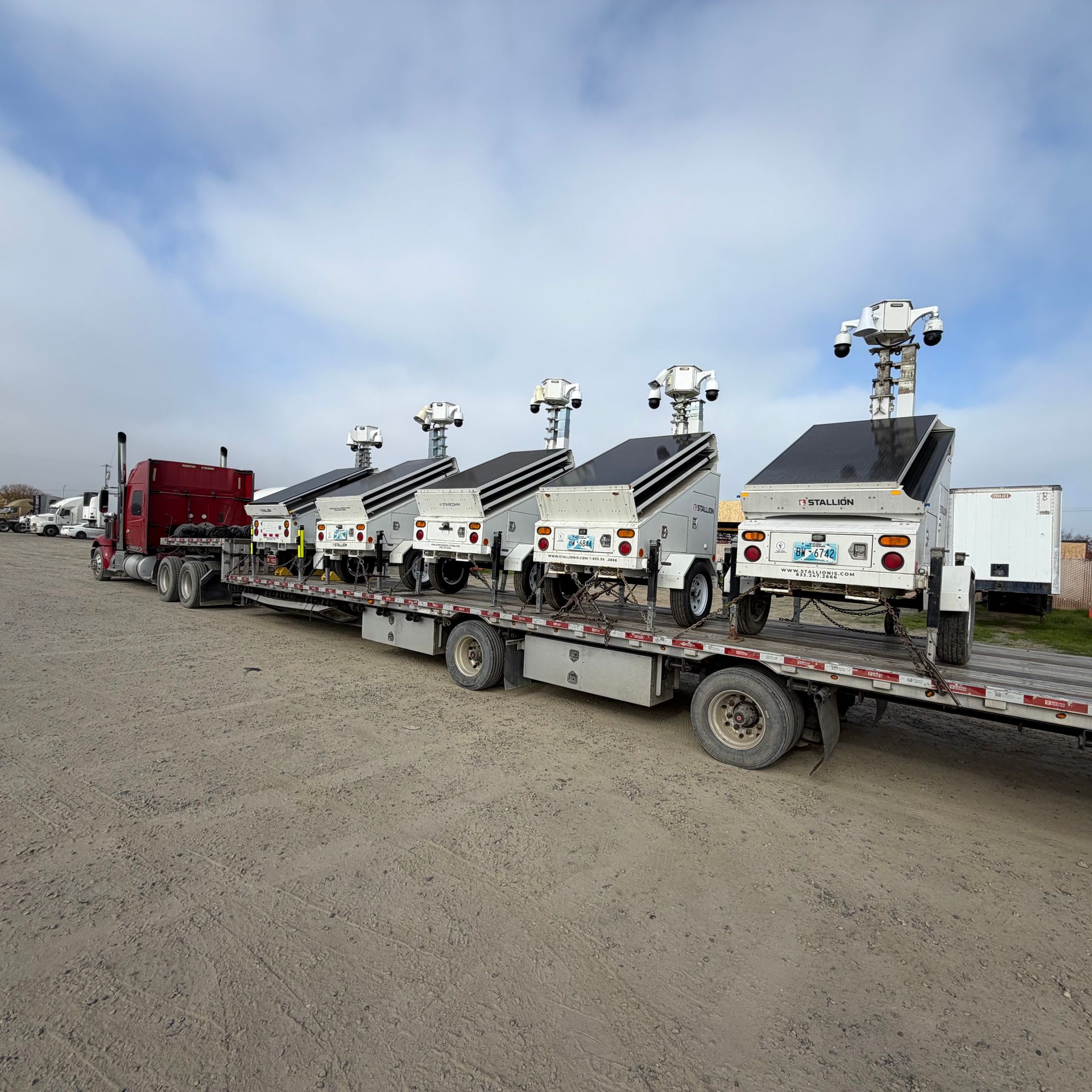
As we move into 2026, the logistics industry continues to evolve—but at One Call Logistics, our mission remains clear: deliver reliable, specialized transportation solutions that move our customers forward with confidence. In an industry driven by speed and technology, experience, adaptability, and hands-on expertise make all the difference.

